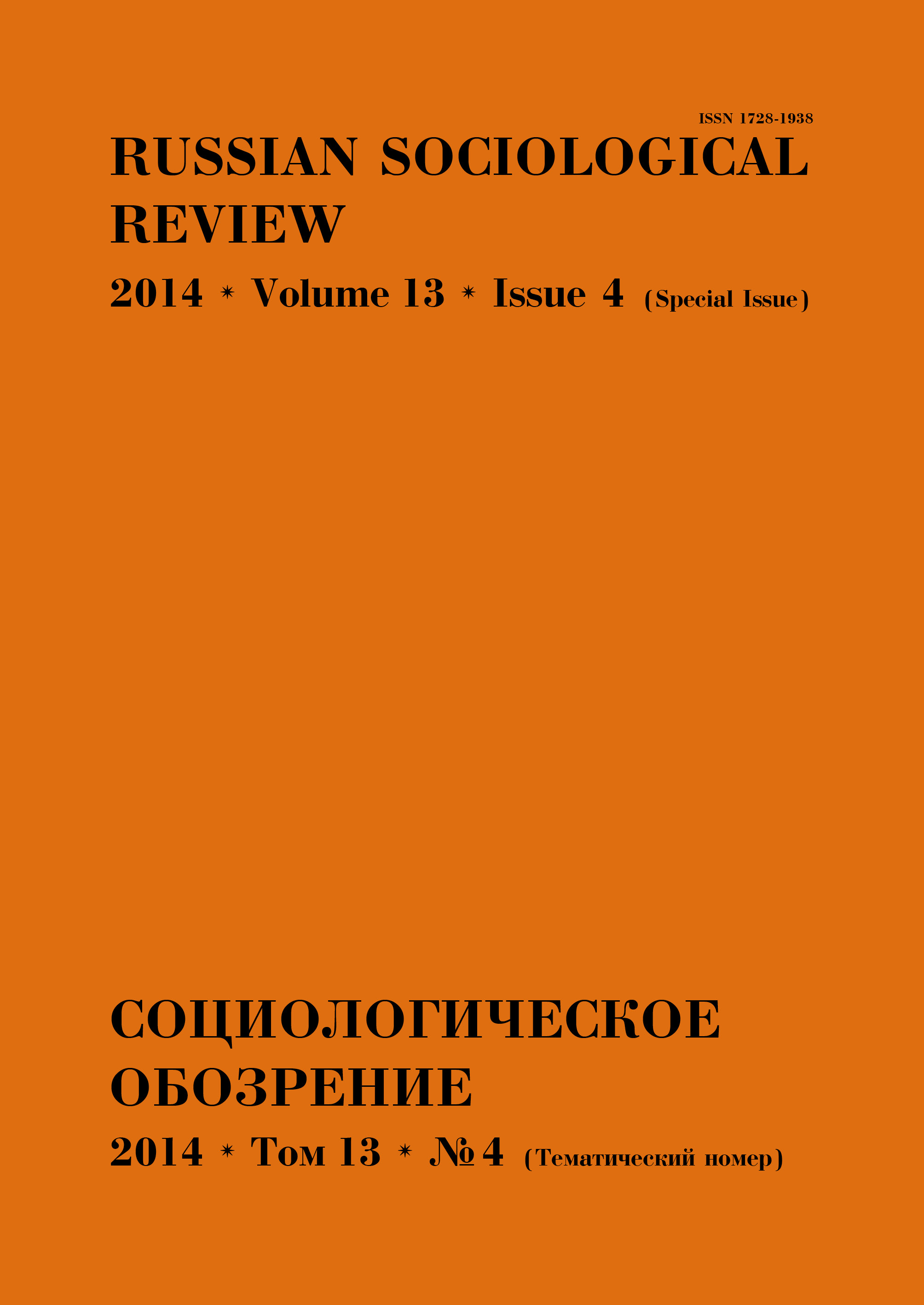The Logic of the Border
Keywords:
Hegel, the Other, logic, border, determinateness, self-relation, something, negation
Abstract
In his Science of Logic Hegel purports to give an account of a dialectical logic that generates the totality of being’s fundamental structures. This totality does not exhaust the richness of being, but it exhausts the basis of this richness. Any phenomenon, whether cognitive, scientific, social or political, is based upon some or all of those structures. The paper presents and examines the logic of a structure which pervades each and every phenomenon: the border (die Grenze). It is analyzed as an advanced manifestation of “determinateness,” an even more primitive structure of being, which makes explicit its intrinsic connection with not-being. What is distinctive about Hegel’s analysis is that it establishes a logical character concerning the concept of “border” that precedes empirical observation and a connection with space. The aim of the paper is to reconstruct Hegel’s dialectic of the border in such a way as to make this logical character apparent and convincing to contemporary audience, who begin from the assumption that all discourse about border has an empirical basis and presupposes reference to space. It will be argued that, contrary to received opinion, the very phenomenon of “border” has certain universal and necessary features which explain its very possibility, are completely a priori and are established prior to any reference to space. A discussion about “borders” that excludes any a priori investigation into this phenomenon from its domain simply fails to illuminate its most important dimension: its logical core or, if you will, its universal and necessary attributes.Downloads
Download data is not yet available.
Published
2015-01-03
How to Cite
ТрисоккасИ. (2015). The Logic of the Border. Russian Sociological Review, 13(4), 18-41. Retrieved from https://ojs.hse.ru/index.php/sociologica/article/view/95
Issue
Section
Papers and essays




